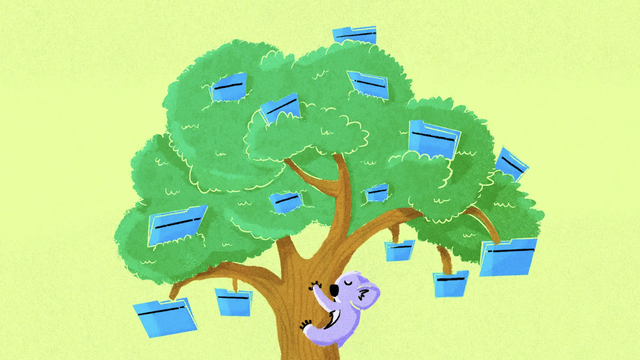There have been a number of advances in Open Data over the last decade, spearheaded largely by governments. A real benefit of Open Data is not simply that single databases can be used more widely; it is that these data can also be leveraged, shared and combined with other data. Open Data facilitates scientific collaboration, enriches research and advances analytical capacity to inform decisions. In the human and environmental health realms, for example, the ability to access and combine diverse data can advance early signal detection, improve analysis and evaluation, inform program and policy development, increase capacity for public participation, enable transparency and improve accountability.
However, challenges remain. Enormous resources are needed to make the technological shift to open and interoperable databases accessible with common protocols and terminology. Amongst
data generators and users, this shift also involves a cultural change: from regarding databases
as restricted intellectual property, to considering data as a common good. There is a need
to address legal and ethical considerations in making this shift.
P Huston, Office of the Chief Science Officer, Public Health Agency of Canada
VL Edge, Office of the Chief Science Officer, Public Health Agency of Canada, [email protected]
E Bernier, Office of the Chief Science Officer, Public Health Agency of Canada
CCDR, October 3, 2019, Vol 45-10
Keywords: Open access, Open Science, Open Data, public health science, big data


































